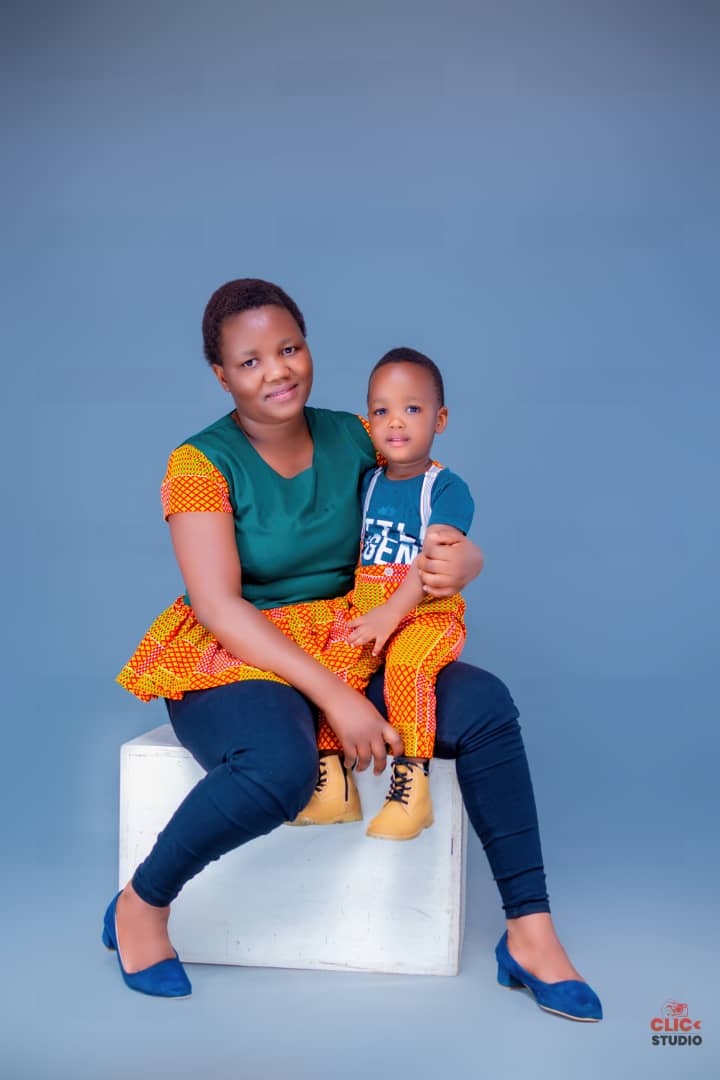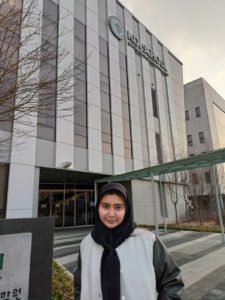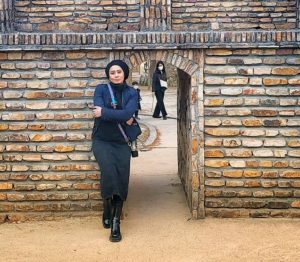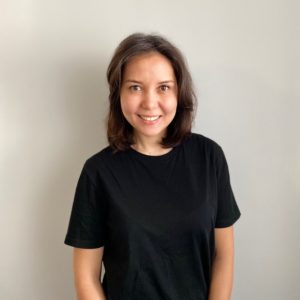
Lifted Travel Restrictions - A Relief to KDIS Students
- Date 2022-03-21 08:54
- CategoryStory
- Hit1682
The outbreak of COVID-19 in March 2020 saw many countries imposing travel restrictions to contain the spread of the deadly virus. South Korea was no exception. This was a big blow for KDIS students who were in their respective countries and could not travel to attend classes physically. Students were supposed to travel to South Korea between 7- 13 January 2022 for the 2022 Spring semester.
Online distance learning was the only available option for students to access their learning.
The announcement of the travel restriction review on the 3rd of February 2022 came as a relief for KDIS students whose countries were on the travel ban, including Malawi, Kazakhstan, and Ghana amongst others.
The email notification of the travel restriction review brought tears of joy to Maureen Ntopi (MPP 2022 from Malawi) as she could now travel to South Korea. The ravaging cyclone Ann, which caused havoc in some parts of her home country, left her residential area in darkness at the end of January this year. The power blackout meant her online studies were going to be affected:

“Before I came to South Korea, I was worried about how I would conduct my classes remotely with the ongoing rains and power cuts back home. I had to camp at my workplace to attend the online orientation. This meant leaving my fifteen-month-old baby with my grandmother for a week to follow proceedings online.”
High internet tariffs are a major barrier to students especially in developing countries to fully embrace online learning. Internet data is considered a luxury and tariffs are reviewed every month creating a digital gap amongst students who cannot access online lessons. Maureen said, “Moreover, the high data tariffs were going to be a burden for me because most of my classes are 2 hours long, and I signed up for 5 courses”
Ressita Ramadhani (MPP 2022 Spring student from Indonesia) also gave applause on the review of the travel restrictions as it enabled her to fully engage in her studies.

Reflecting on the problems of balancing work with studying online, Ressita told me, “In my country, I was working for Deloitte, one of the leading firms, in Indonesia, and my work was demanding as it involved lots of engagement and client interaction making me have less time to concentrate on my research program”
More so, she pointed out that the time difference and lack of direct communication between peers made studying difficult for her. For instance, when doing statistical studies like Python, which need one to have a physical class for a better understanding.
Though students are still conducting classes online, because of the pandemic, she is excited to be doing her studies in an environment that supports students to study and work together with diverse cultures and thoughts.
Sharizad Sulaiman (MDP 2022 from Malaysia) said that the travel ban review was a chance for her to prepare for the “new normal” as it was her first time traveling abroad during the COVID -19 era:

“During my 10-day quarantine stay, I used my time doing KDIS preparatory programs online and also watching Netflix”
Additionally, the preparatory exercise helped Sharizad have experience what studying remotely would be like, thus the transition to online learning was not difficult for her. More so, the time difference between Malaysia and South Korea was not an issue for her, as it is only one hour and she was not jet legged.
On the other hand, the political protests in Kazakhstan in January 2022 resulted in a 10-day blackout and affected Bakyt Zholamanova’s (MPP 2022 student) ability to fully concentrate on her studies.

In January 2022, there were a series of protests in her home country, and there was no internet connection for almost 10 days. Though the spring semester started in February, she had some pre-spring online classes to work on and the month became a bit busy and stressful for her to combine the main courses with pre-spring courses:
“The first two weeks I had internet connection issues, and I didn’t even answer the professor’s question on one of the courses due to a bad connection. I missed important announcements about homework and additional resources for our studies”.
“Moreover, I had challenges finding the recommended reading books. In Kazakhstan, it is almost impossible to find English books and even when you find them they are very expensive. I had to print the main books and read a lot in pdf format, which is not very conducive for me. I dream of getting into the KDIS’s Library and enjoying reading paper books”.
Though the travel ban review is a relief to some students, the same cannot be said for students like Jallibah Mohammed (MPP 2022 student from Liberia). His country is still under the travel ban, and he is counting down to the day he can travel to South Korea.

As a result of the ongoing travel ban, Jallibah continues to take his classes online and it comes with its challenges for him.
The time difference between his home country and South Korea is nine hours. Most times he has to wake up early morning and stay up late in the night to attend classes.
More so, the lack of a serene conducive environment to conduct his courses has been a hindering factor in his studies. In most cases, he gets distracted a lot thereby affecting his concentration.
To add on to his challenges, the internet is very expensive, but he is grateful to KDIS for the monthly stipend as he can manage to pay for his wifi.
Despite all these challenges, he remains hopeful that soon he will travel. The online lessons are an interesting experience and serve as a new learning curve for students like him.
The travel review of the ban has enabled some international students to travel to South Korea. Students are required to have their visa in place and negative Covid-19 test results which should be taken within 48 hours of travel.
Upon arrival, students are required to go for another Covid-19 test within 24 hours and a seven-day quarantine, with regular logging of temperature readings on the self-quarantine application.
The 2022 Spring intake students are indeed lucky to have had the opportunity to start their first semester on campus since the outbreak of covid-19. This will give ample time for students to get accustomed to the Korean culture and weather.
And for those students still waiting to travel to Korea, I hope you will be able to travel soon and look forward to meeting you on campus.
